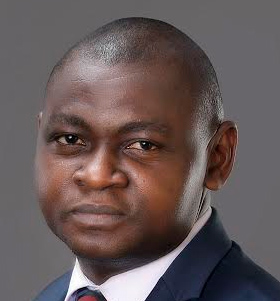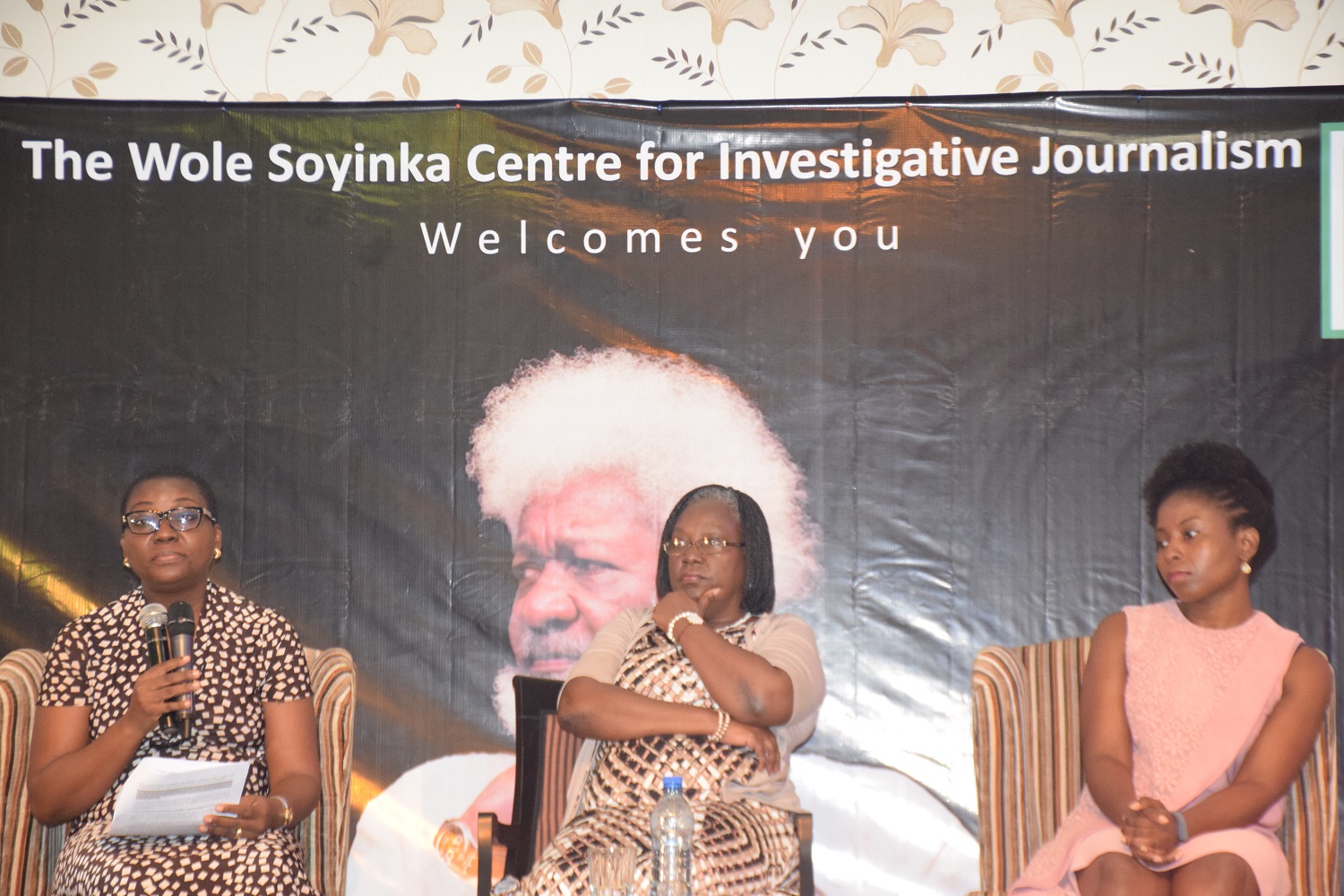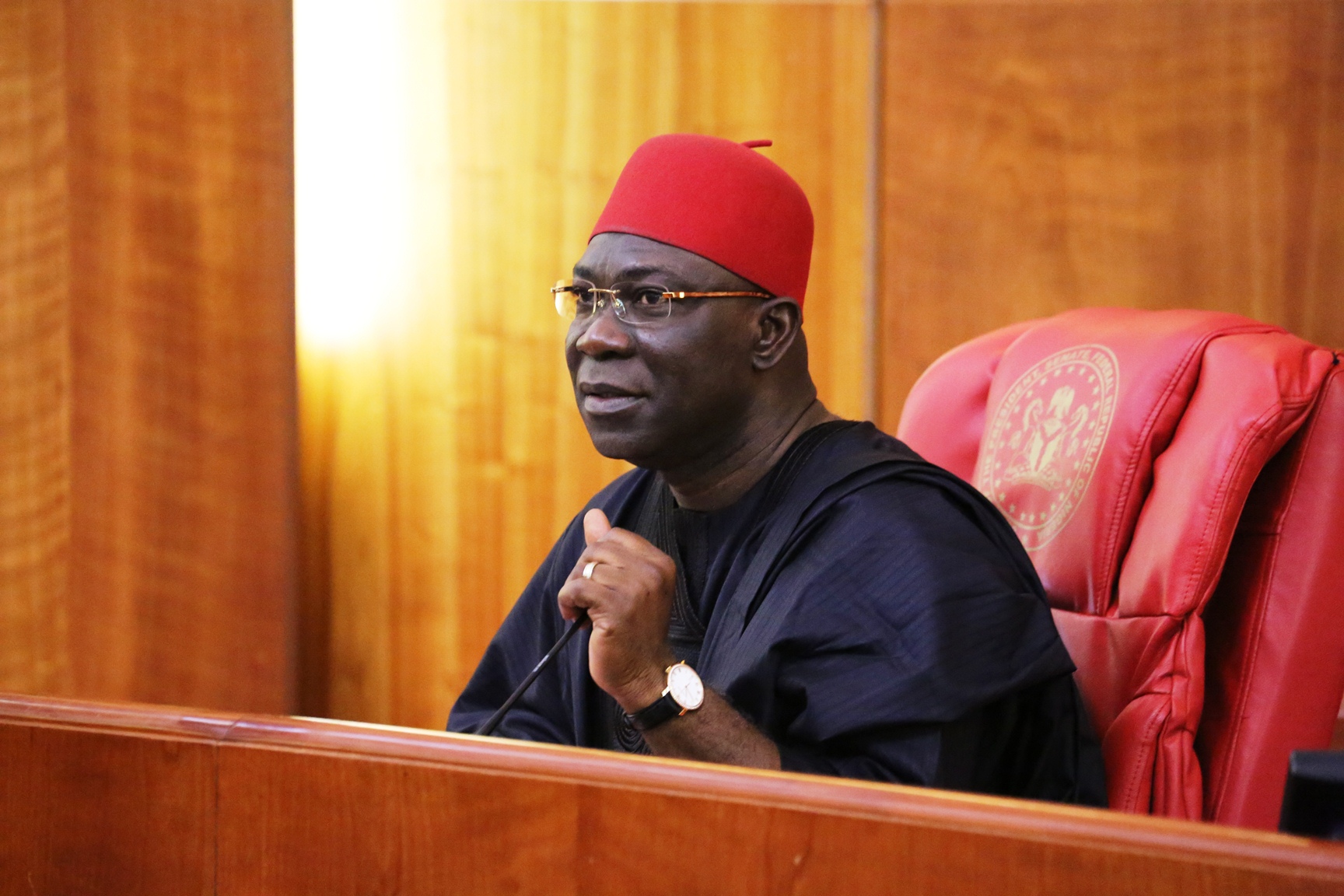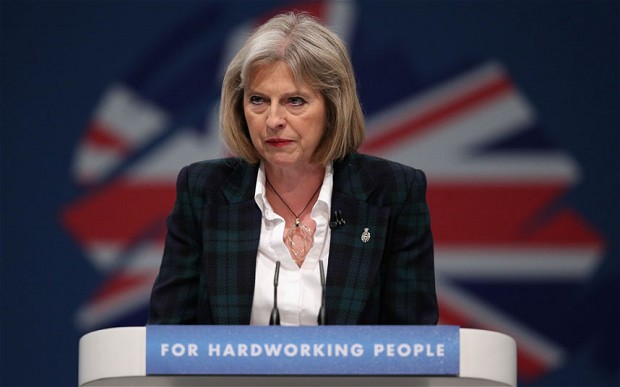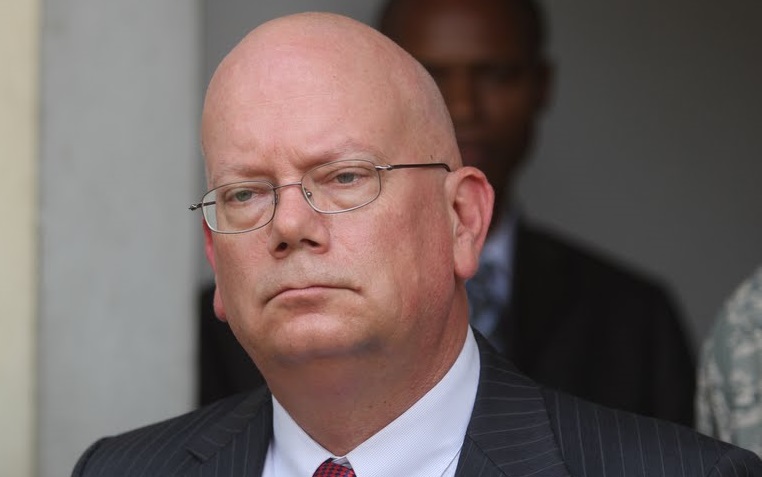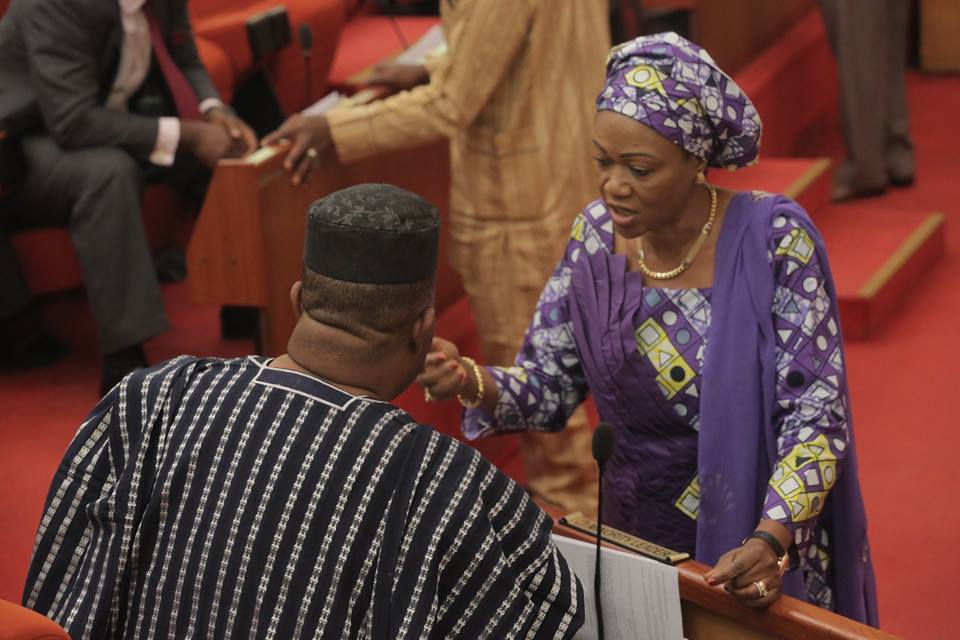Last Wednesday, the ‘vexing’ issue of taxation in our country was again brought to the front burner of public discourse when the Wole Soyinka Centre for Investigative Journalism (WSCIJ) held the 8th edition of the Wole Soyinka Media Lectures Series in Lagos. The theme was: “Tax education, national development and the seminal role of the media.”
Despite some very important personal engagements and critical trips last week which ensured that this column wasn’t written, I managed to attend the event. It was one gathering that offered both speakers and participants a frank opportunity to examine and debate the tax administration system in Nigeria which I’ll love to share with you this week as we further expand the taxation discussion.
Mrs Adebimpe Balogun, the first-ever female president of the Chartered Institute of Taxation of Nigeria (CITN), delivered the keynote address at the event which attracted insightful contributions from the panellists like Simon Kolawole, founder of TheCable newspaper; Emuesiri Agbeyi, tax partner at PricewaterhouseCoopers; Edobong Akpabio, Vice President of NECA’s Network of Entrepreneurial Women (NNEW) and Deremi Atanda, executive director of Systemspecs among others, aside generating very interesting conversations from members of the audience at the event which was moderated by Opeyemi Agbaje.
Other speakers were Mr. Babatunde Fowler, executive chairman of the Federal Inland Revenue Service (FIRS) who was represented by Wahab Gbadamosi, Head, Communication and SERVICOM department, and Auwal Musa (Rafsanjani), executive director of Civil Society Legislative Advocacy Centre (CISLAC) who was represented by Abubakar Jimoh, CISLAC’s Communication, Information and Public Officer.
Advertisement
For Balogun, her major problem with taxation in Nigeria is with the administration of the system. She cites the difficulty in getting tax refund in the cases of tax credit in the country as a classic example.
In his own submission, Atanda asked why many corrupt leaders in Nigeria sometimes feel more comfortable paying tax (tithe in Christianity/zakat in Islam) in the religious setting but find it hard to pay tax to government. He said it is imperative to take technology more seriously and adopt it in Nigeria’s tax collection since it’s even cheaper. As a matter of importance, he wants the National Assembly to pass the e-payment bill which has been before it for many years now into law. Surprisingly, there’s currently no law for e-payment in Nigeria. Scandalously so.
On his part, Kolawole made illustrations on how Nigeria has been continuously distracted by oil revenue, and explained that the most efficient form of tax administration is built on “consensual taxation” which involves negotiation and stakeholder engagement, and ensuring that the rules and processes are simple and understandable, all in a bid to make compliance as convenient as it can be to citizens, rather than “coercive taxation”, the use of sledge hammer to extract taxes from citizens, strong points which he also reiterated in his engaging piece, “Taxation without Tears…”, in his column on Sunday.
Advertisement
For a fact, taxation is a tool of relationship and it is when individuals and businesses prosper that they are able to pay their taxes to government and voluntarily comply.
However, I was particularly thrilled by the frank submission of Akpabio who disclosed that the lack of communication and proper customer service orientation often displayed by taxmen and officials in most of the tax offices in the country remain a key challenge in voluntary tax payment in the country. I say this because it is an experience I can relate to. Many of these taxmen, she explained, and I totally agree with her, are more or less miscreants and thugs who are “rude, crude, obnoxious and arbitrary” especially at the local level.
She adds: “As SMEs, we want to be able to go to tax offices and pay without stress. We can’t afford tax consultants. But when you get there, the question they will be asking you, the body language they’ll be showing you, it would be as if you’re a tax defaulter even though you are the one who came there voluntarily to make enquiries on how you can pay your tax.”
Akpabio believes tax offices must be conducive for tax payers and free of those who would only act as hindrances to citizens from performing their civic responsibilities. She is right.
Advertisement
Overall, many of the participants, most of whom were from the private sector, civil society, small and medium scale enterprises and the media, raised critical questions on how taxation affects them, its unquestionable importance to national development, why the compliance rate of tax payment among all cadres of Nigerians remain low, the need and sense in deploying technology to not only increase payment but ease tax transactions, and most importantly, the trust issue concerning the government’s wise and judicious use of tax funds. It was unanimously agreed that the federal government would need to work on ensuring an inclusive, simplified and automated tax regime in the country.
As the debate continues, I sincerely believe government can’t continue to be a taskmaster or bully in this matter with the way tax enforcement teams go about closing down companies and businesses and threatening hellfire on tax defaulters. There must be continuous dialogue and constructive engagements to ensure Nigerians voluntarily pay their tax. Using threats or force is not the best approach. Violence can be avoided. Chaos can be prevented.
Nigerians want to live decent lives. They want a better country. The welfare and security of the people is the primary responsibility of government. And there is no disputing the fact that with increased revenue in government coffers, politicians would be able to do much more. However, continuous acts of corruption, no matter its modicum, cannot be allowed.
It’s equally important for government to make available to Nigerians a summarised, reader-friendly, citizen version of Nigeria’s Tax Law for easy comprehension. This will help. Government must also work towards voluntary compliance like it is done in more developed climes and not using force or coercion as it is currently done here like earlier pointed out. And citizens must see evidence of the tax they pay being used for them.
Advertisement
Moving forward, I want to reiterate the public proposal several months back by one of our country’s most-widely read columnists, one of the most amazing editors I have been privileged to work with in my journalism career, an outstanding leader, and indeed my professional mentor, Simon Kolawole, that President Buhari and the governors should declare a TAX AMNESTY nationwide and forgive ALL companies and individuals that have defaulted in tax payments until now and offer them a new lease of life. And the
And the justification is simple like Kolawole wrote back then even if the proposal appears crazy: “Let him that stole steal no more. Nigerian businesses have thrived on dishonesty and corner-cutting for decades, and now is the time for a new beginning. Let everyone come boldly to the revenue service and receive a clean slate and start a new life.”
Advertisement
I believe this suggestion is a practical solution in putting the past behind us and charting a way forward. It’s a good place to start if the government really wants to get the buy-in of the people.
I also believe Nigerians are getting the message and those who have for long been defaulting in their tax payment will begin to turn a new leaf. Tax collection is about nation building. Taxes paid to the government help politicians in delivering the promises made during their election campaigns. Tax also promotes socioeconomic order. Without sustainable revenue, the whole business of nation building and social engineering, growth and development is just wishful thinking. This is the truth.
Advertisement
However, government at all levels must understand that things will no longer be the same again. Aside demanding accountability and judicious use of tax revenue, the media and citizens, would also start demanding evidence of tax payment from politicians and political leaders themselves.
Certainly, the taxation debate and conversation is one that will continue in the days and months ahead. But there are new realities we must embrace as Nigerians. It is that as much as we would love to resist it, we must all start paying our taxes. No matter what excuses we want to give, or whichever way we want to look at it, it’s in our own best interest. It’s also in our country’s best interest. And this counsel was very well captured and recommended by the Master himself more than two thousand years ago: “Give unto Caesar what belongs to Caesar’s!”
Advertisement
Add a comment
